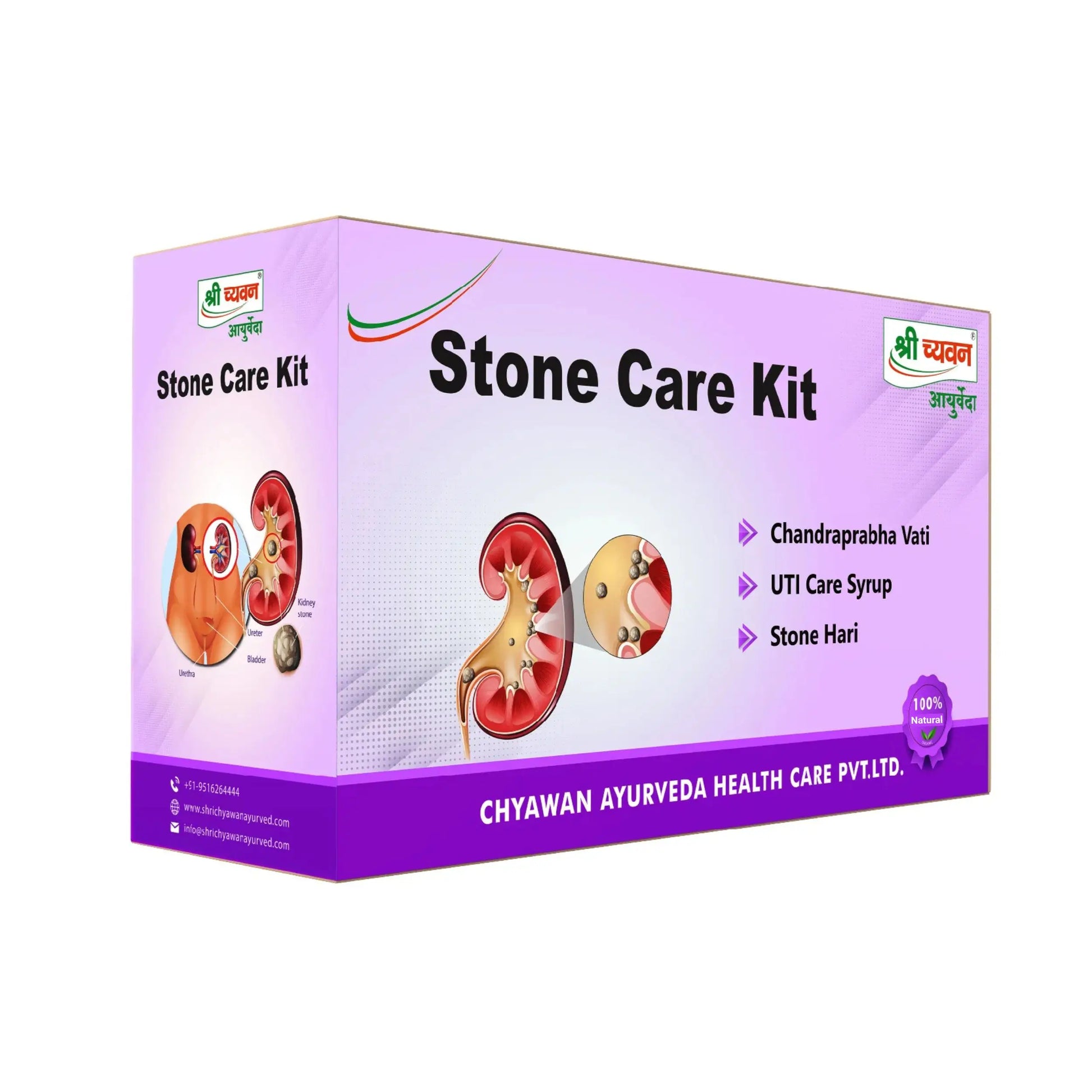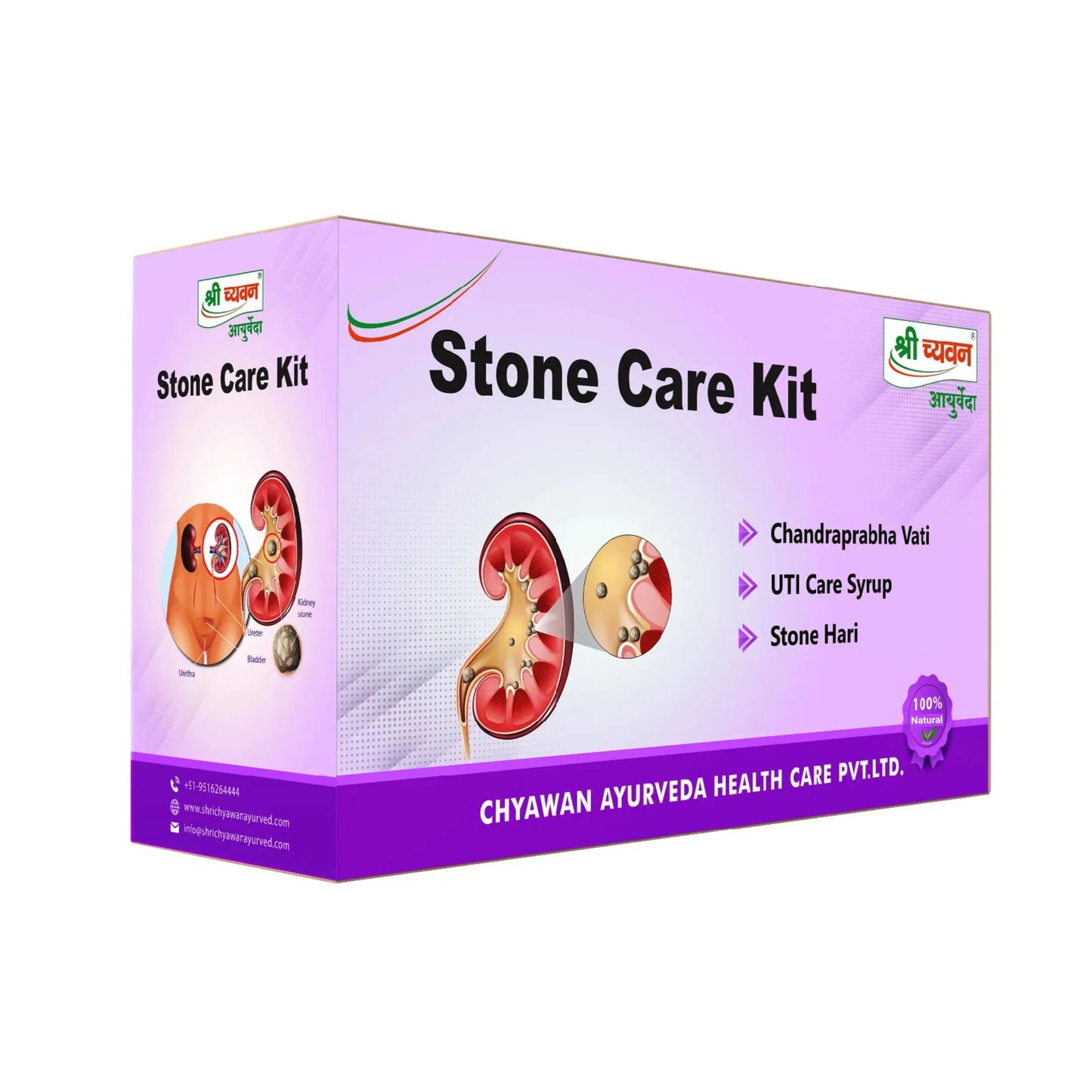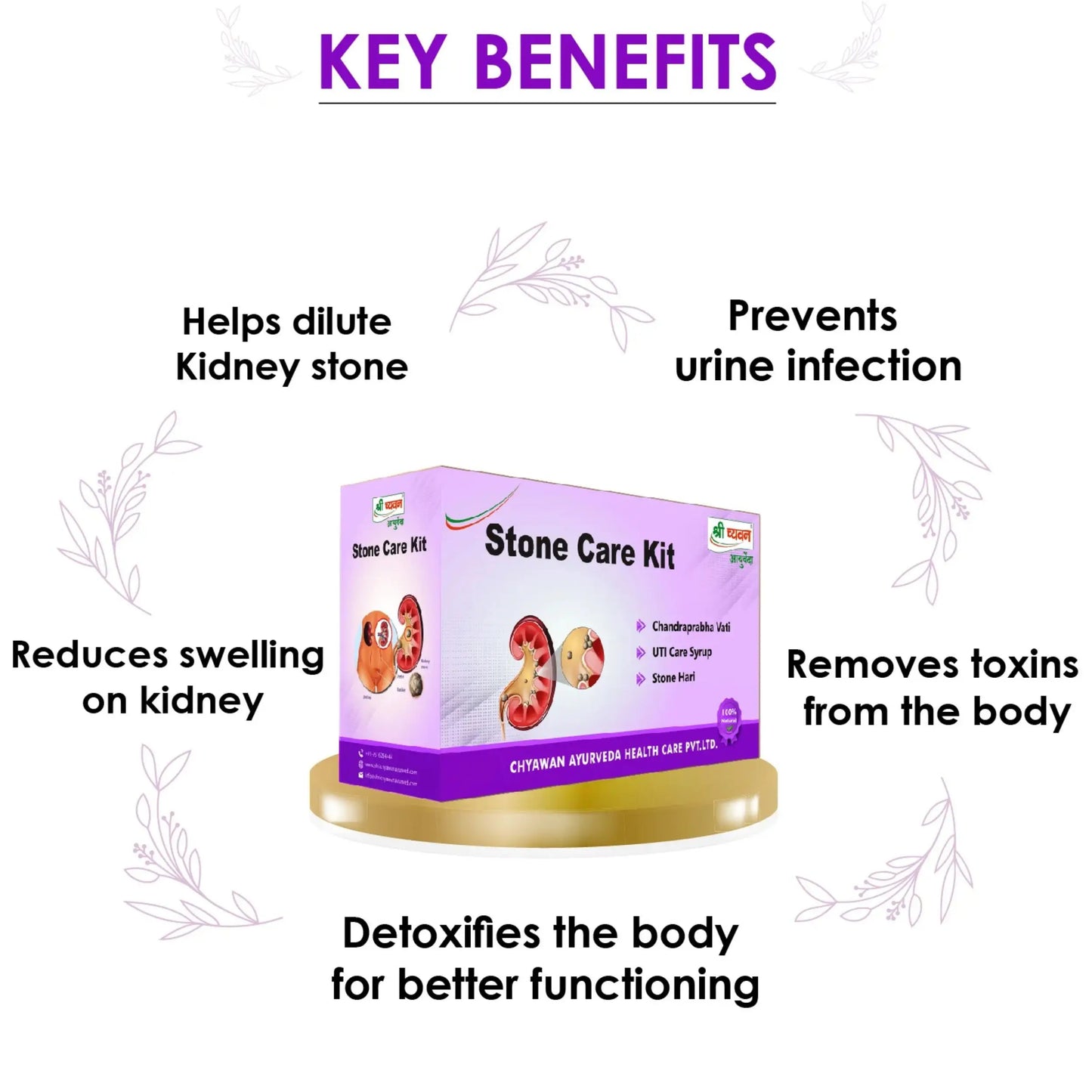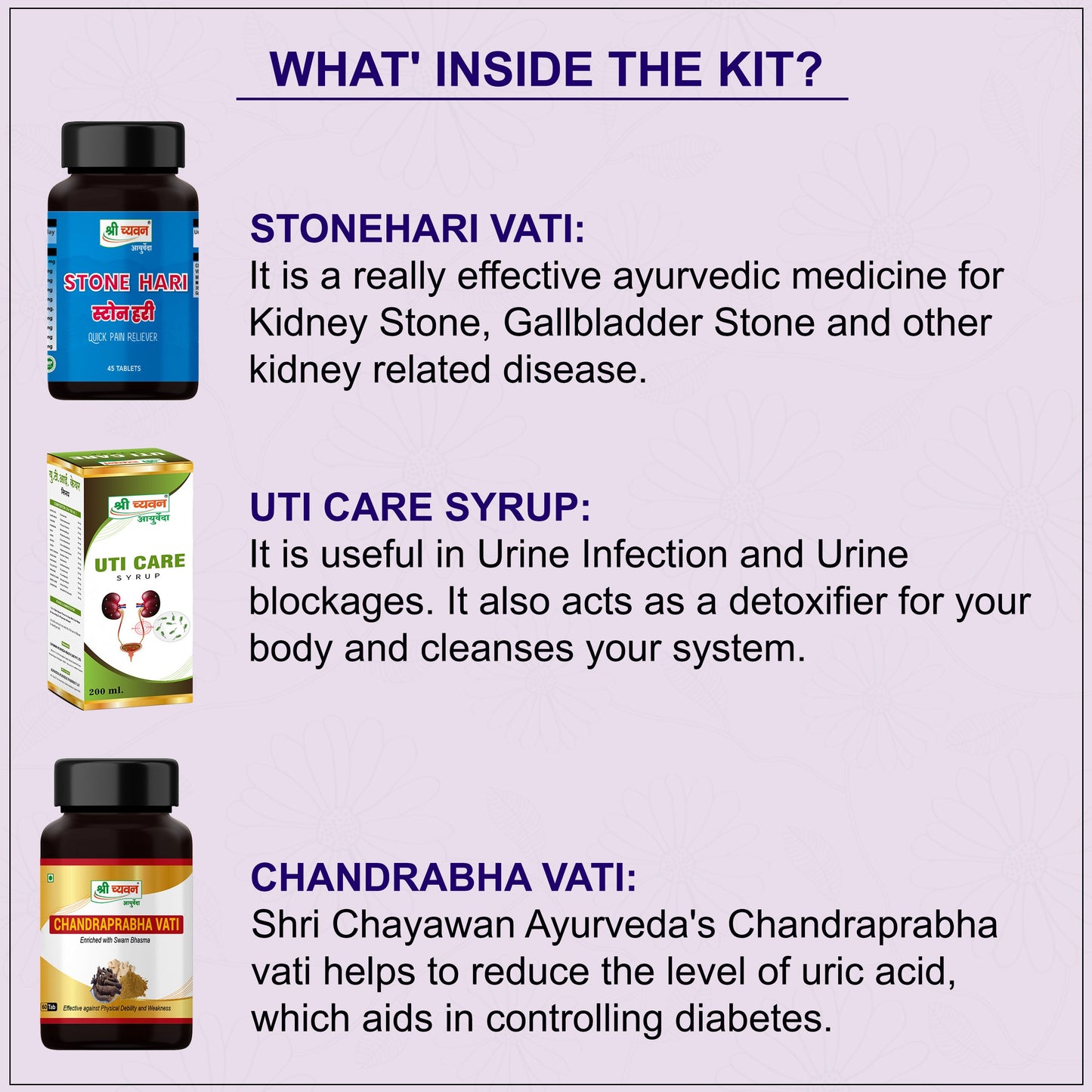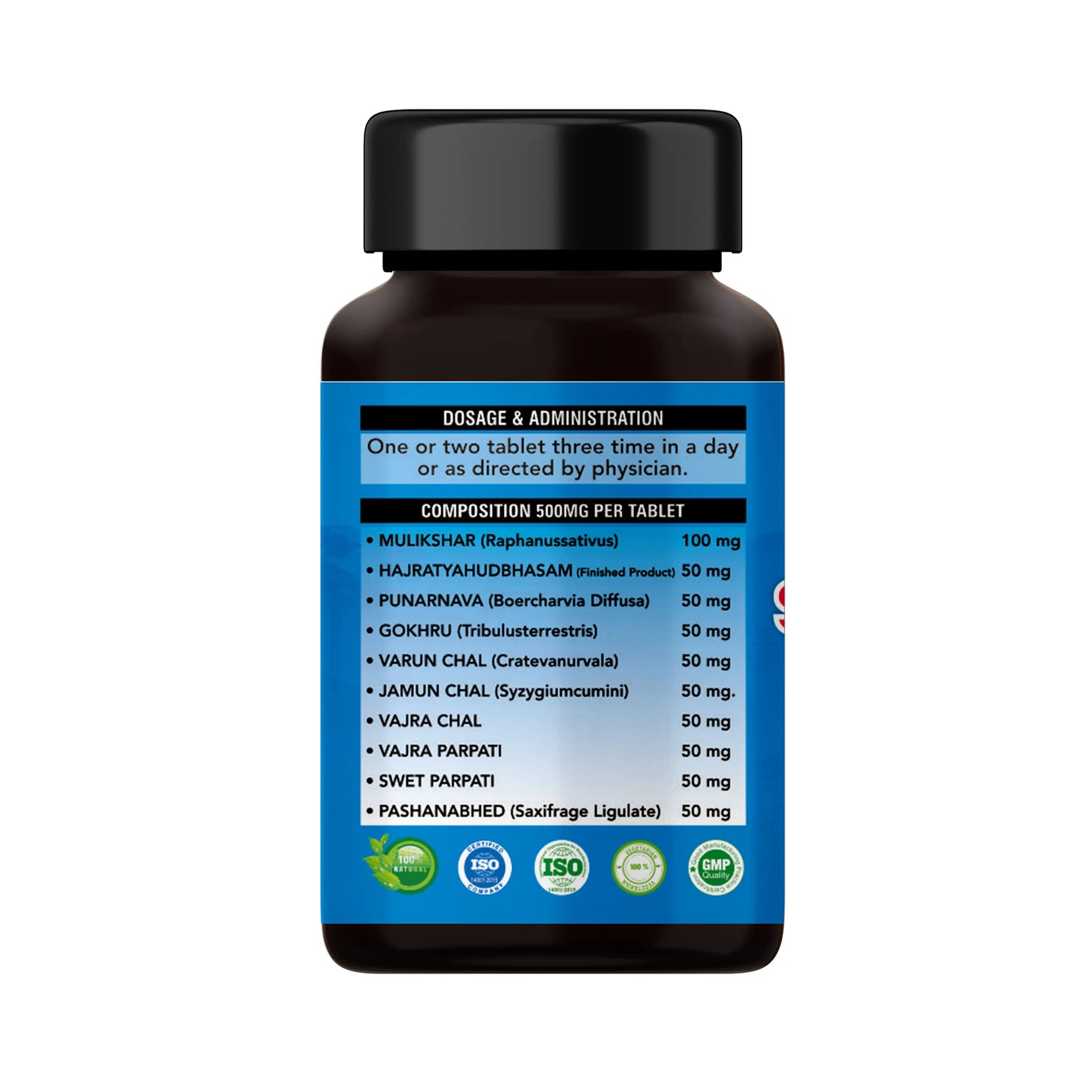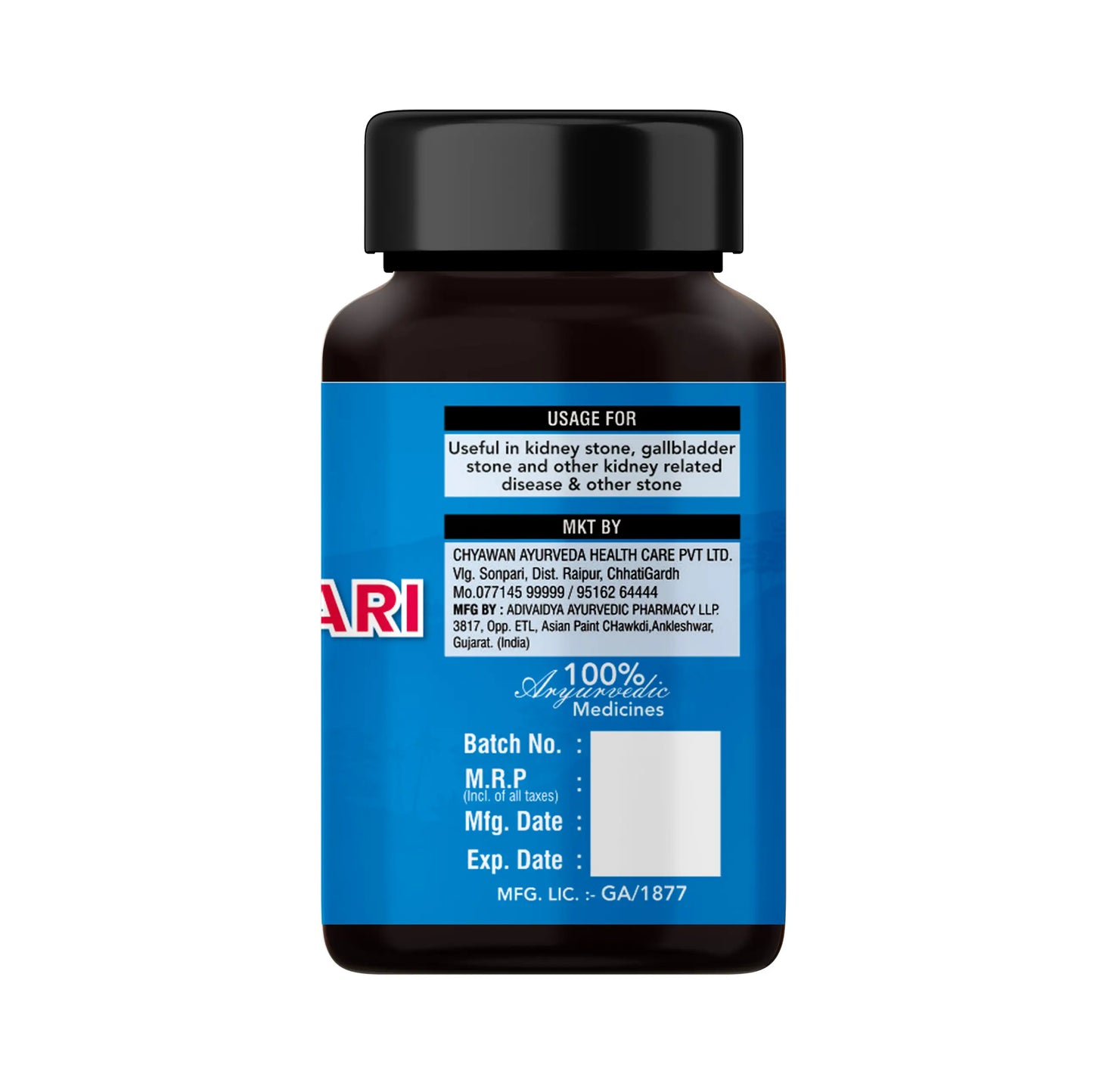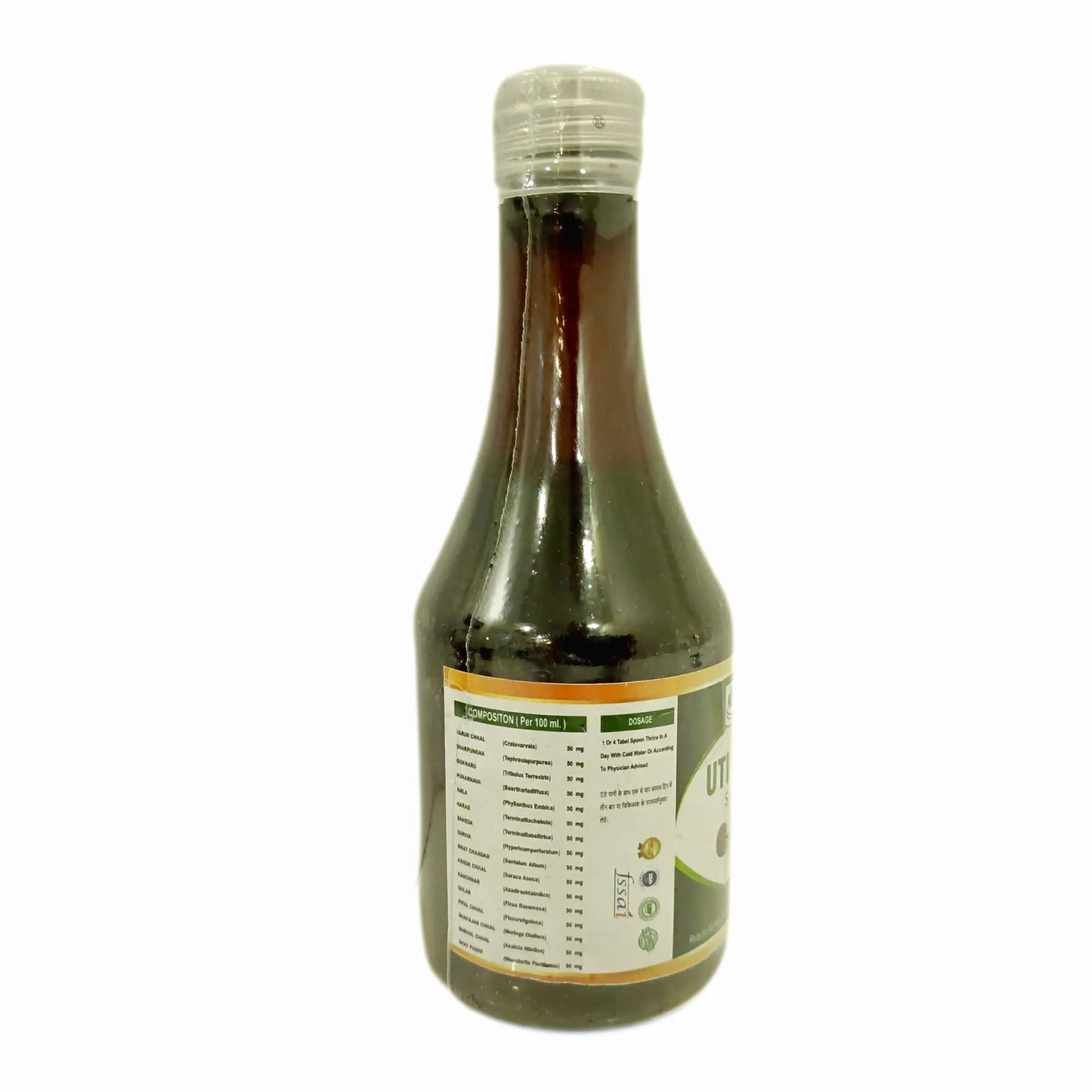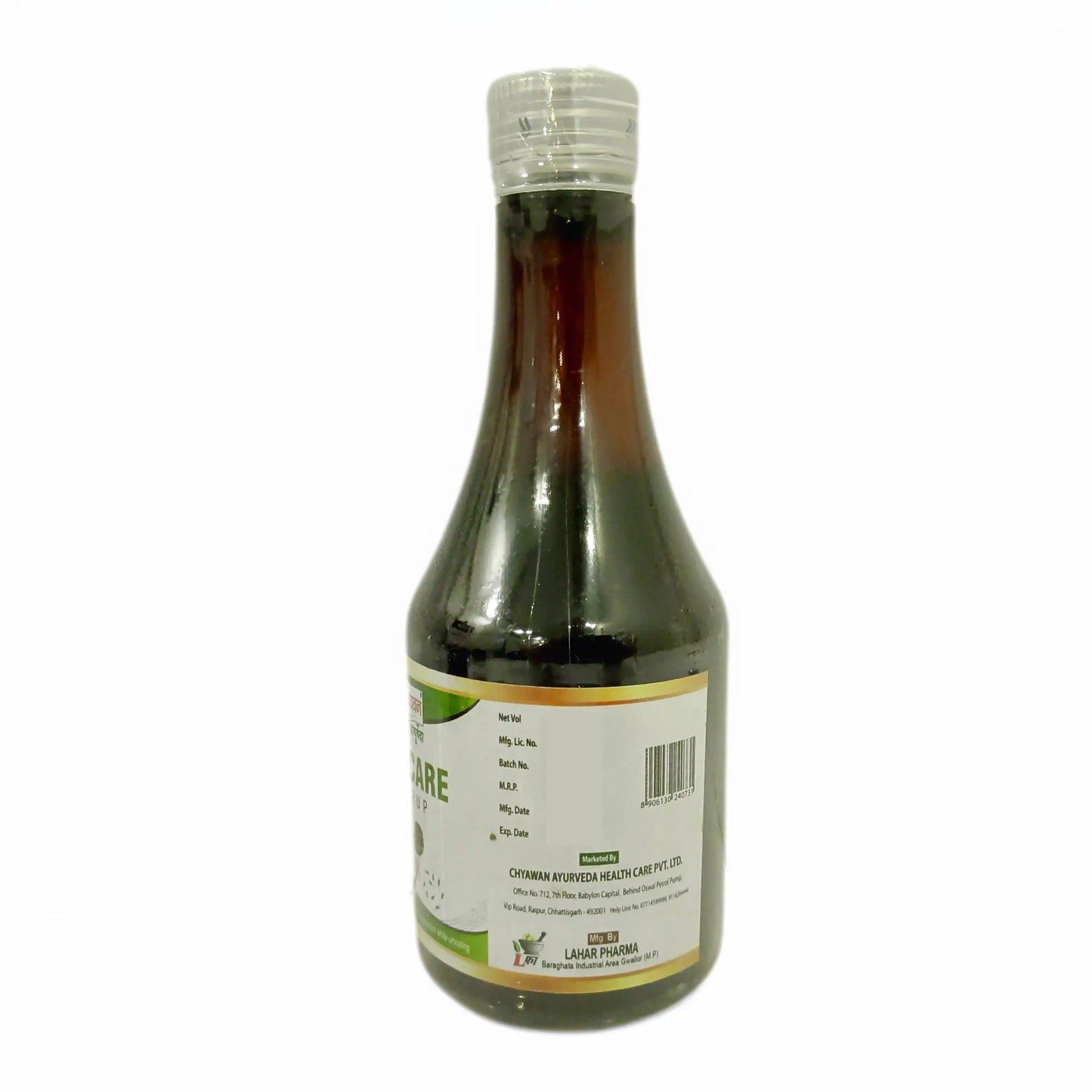1. Understanding Kidney Stones
What Are Kidney Stones?
Symptoms include severe pain in the back or side, blood in urine, frequent urination, and nausea. Causes can include dehydration, high salt intake, and certain medical conditions.
2. Diagnosis of Kidney Stones
How Kidney Stones Are Diagnosed
Diagnosis often involves imaging tests such as ultrasound, X-rays, or CT scans, and urinalysis to identify the presence and type of stones.
- Types of Kidney Stones
- Calcium Stones: The most common type, often due to high calcium levels in urine.
- Struvite Stones: Often form in response to an infection.
- Uric Acid Stones: Form due to high levels of uric acid.
- Cystine Stones: Result from a genetic disorder that causes high levels of cystine in urine.
3. Home Remedies for Kidney Stones
Drinking plenty of water helps flush out stones and prevents new ones from forming. Aim for at least 8-10 glasses of water a day.
Dietary Changes
- Reduce Sodium Intake: High sodium levels can increase calcium in urine.
- Limit Animal Proteins: Excessive intake can increase uric acid levels.
- Increase Fiber: Helps in overall kidney health.
Some herbs like dandelion root and nettle leaf are thought to support kidney health and help in stone removal. Consult with a healthcare provider before use.
4. Medical Treatments
Medications for Kidney Stones
- Pain Relievers: To manage pain during stone passage.
- Alpha Blockers: Help relax the muscles in the urinary tract to help pass stones.
Shock Wave Lithotripsy (SWL)
Ureteroscopy
A thin tube is inserted through the urethra to remove or break up the stone directly.
Percutaneous Nephrolithotomy (PCNL)
A surgical procedure to remove large stones directly from the kidney through a small incision in the back.
5. Lifestyle Changes to Prevent Kidney Stones
Diet and Nutrition
- Balanced Diet: Focus on a balanced diet with fruits, vegetables, and whole grains.
- Reduce Oxalate-Rich Foods: Foods high in oxalates can contribute to stone formation, such as spinach and nuts.
Regular physical activity can help maintain a healthy weight and prevent obesity, which is a risk factor for kidney stones.
Limit foods and beverages that can contribute to stone formation, such as those high in salt and sugar.
6. When to See a Doctor
Seek medical attention if you experience severe pain, persistent nausea, fever, or blood in your urine.
If home remedies and over-the-counter medications do not alleviate symptoms, consult a healthcare provider for further evaluation and treatment.
7. Natural and Alternative Therapies
Some supplements like magnesium and vitamin B6 may help prevent stones, but consult your doctor before starting any new supplements.
Acupuncture and other alternative therapies might offer additional support but should be considered complementary to conventional treatments.
8. Living with Kidney Stones
Develop a management plan with your healthcare provider to address recurring stones and manage symptoms effectively.
Join support groups or online forums for people dealing with kidney stones for shared experiences and tips.
Shri Chyawan’s Ayurvedic Solution
Stone Care Kit: Shri Chyawan Ayurveda has effectively formulated ayurvedic medicine for Kidney Stone - Stone Care Kit. Kidney stones are hard deposits of minerals and acid salts that stick together in concentrated urine. They can be painful when passing through the urinary tract, but usually don't cause permanent damage. This is the best product range available for your entire kidney stone ayurvedic treatment.
1. Chandrabha vati: Shri Chyawan Ayurveda's Chandraprabha vati helps to reduce the level of uric acid, which aids in controlling diabetes.
Ingredients: It consists of Amla, Sandalwood, Daruharidra, Devdaru, Camphor, Cinnamon, and Pipal.
How To Use: Consume 1 tablet at night before going to bed.
2. Stonehari Vati: It is a really effective ayurvedic medicine for Kidney Stone, Gallbladder Stone and other kidney related disease. It is the best kidney stone ayurvedic tablet.
Ingredients: This contains ingredients like Mulkshar, Hajratyahudbhasam, Punarnava, Gokhru, Varun Chal, Jamun Chal, Vajra Chal, Vajra parpati, Swet parpati, Pashanabhed.
How to use: One tablet thrice a day or as directed by the physician.
3. Uti Care Syrup: It is useful in Urine Infection and Urine blockages. It also acts as a detoxifier for your body and cleanses your system. It is the most recommended kidney stone ayurvedic syrup.
Ingredients: It consists of mainly Varun Chal, Sharpunkha, Gokharu, Punarnava, Amle, Harde, Baheda, Sariva, Swat Chandan, Ashok Bark, Kanchanar, Gullar Fruit, Pipar Bark, Drumstick Bark, Babbol Bark, Dhatkipuspa.
How to use: Consume1 teaspoon thrice a day with cold water or as directed by the physician.
Conclusion
Kidney stones can be a painful and disruptive condition, but with the right approach, they can be managed effectively. By understanding the types and causes of kidney stones, you can take proactive steps to prevent them and alleviate their symptoms. Key strategies include increasing fluid intake, making dietary adjustments, and exploring both home remedies and medical treatments.
Home remedies like staying hydrated and consuming a balanced diet rich in fiber and low in oxalates can help prevent stone formation. When stones do form, treatments such as medications, shock wave lithotripsy, and surgical procedures can offer relief and facilitate their removal.
Lifestyle changes play a crucial role in long-term prevention. Regular exercise, weight management, and avoiding dietary triggers are essential for maintaining kidney health and preventing future stones.
For those dealing with chronic kidney stones, seeking professional medical advice is vital. A healthcare provider can offer personalized treatment plans and support to manage the condition effectively.
In summary, managing kidney stones involves a combination of immediate treatment, lifestyle adjustments, and ongoing prevention strategies. By staying informed and proactive, you can significantly reduce the impact of kidney stones on your life and improve your overall well-being.
Frequently Asked Questions
- What are kidney stones?
Ans: Kidney stones are hard deposits made of minerals and salts that form inside the kidneys. They vary in size and can cause significant pain as they move through the urinary tract.
- What causes kidney stones?
Ans: Kidney stones can form due to various factors, including dehydration, high levels of certain minerals (such as calcium or uric acid) in the urine, a diet high in salt and sugar, and certain medical conditions or medications.
- What are the common symptoms of kidney stones?
Ans: Common symptoms include severe pain in the back or side, blood in the urine, frequent urination, pain during urination, nausea, and vomiting.
- How are kidney stones diagnosed?
Ans: Kidney stones are typically diagnosed through imaging tests such as ultrasound, X-rays, or CT scans, and urinalysis to assess the presence and type of stones.
- What home remedies can help with kidney stones?
Ans: Home remedies include increasing fluid intake, particularly water, consuming a diet low in sodium and high in fiber, and using herbal remedies like dandelion root. Always consult with a healthcare provider before trying new remedies.
- What medical treatments are available for kidney stones?
Ans: Medical treatments can include pain relievers, medications to help pass the stones, shock wave lithotripsy (SWL) to break up stones, ureteroscopy to remove or break up stones, and percutaneous nephrolithotomy (PCNL) for larger stones.
- How can I prevent kidney stones?
Ans: Prevent kidney stones by staying well-hydrated, consuming a balanced diet low in sodium and animal proteins, maintaining a healthy weight, and avoiding high-oxalate foods. Regular exercise and managing underlying health conditions also help.
- When should I see a doctor for kidney stones?
Ans: Seek medical attention if you experience severe pain, persistent nausea, fever, chills, or blood in your urine. If home remedies and over-the-counter medications do not relieve symptoms, consult a healthcare provider.
- Can kidney stones recur?
Ans: Yes, kidney stones can recur. Following preventive measures and lifestyle changes can help reduce the risk of developing new stones.
- Are there any natural or alternative therapies for kidney stones?
Ans: Some natural therapies include supplements like magnesium and vitamin B6. Alternative therapies like acupuncture may offer additional support. Consult your doctor before starting any new treatments.
- What should I do if I have chronic kidney stones?
Ans: If you have chronic kidney stones, work with your healthcare provider to develop a long-term management plan. This may include regular monitoring, lifestyle adjustments, and ongoing medical treatments.
Free Consultation with our Expert Doctor- 📞📞 95162 64444





